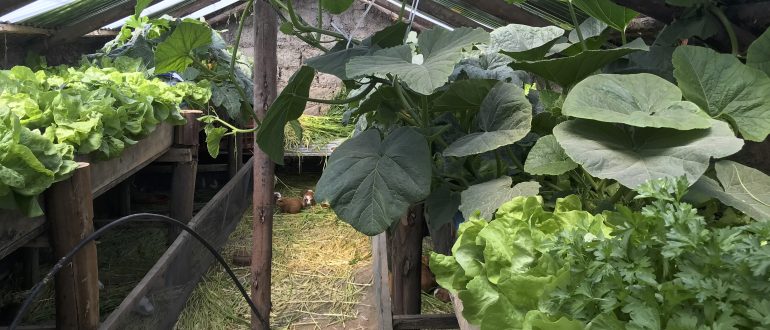
International Development Cooperation: Five Lessons Learned from the Peruvian NGO CooperAcción
International development aid causes negative associations of neocolonialism and dependency theory to many scholars in the field of International Relations. To counteract theoretical pessimism, this article sheds light on a successful and replicable case of foreign aid implementation.
The Peruvian human rights organization CooperAcción has been creating local development alternatives to the depletion of natural resources in small communities in Amazon, Andes, and coastal regions for 25 years. In 2021, I managed CooperAcción’s project funding applications for international aid and will hereby use its institutional model to draw five lessons.
- CooperAcción has deep local roots. Field offices in the communities are run by local employees. Thereby, any agency is perceived as native and familiar by the communities who are motivated to participate in the projects. Given the absence of state institutions, community members actively approach CooperAcción to implement local development innovations. The “horticuy”, for instance, reduces child malnutrition through integrated breeding of guinea pigs and vegetables in a greenhouse environment in Andean highlands.
- The NGO balances its efforts to maintain local ties while keeping up with international standards. Imagine an Andean community which identifies domestic violence as a problem to be overcome. CooperAcción connects this local demand to the global sustainable development discourse, specifically to SDG 5 on gender equality. Due to this link the project qualifies to receive project funding from an international feminist foundation.
- Financial sustainability is guaranteed through diversification. The staff’s diverse backgrounds and abilities allow for lawyers to secure funds for the legal defense of activists, geographers for mapping conflicts and communication specialists for health campaigns in indigenous languages. CooperAcción actively broadens the spectrum of donors being governments, foundations, or multilateral organizations. Arab and East Asian donors are approached for distinct sources of income such as awards. A mixed portfolio ensures that short-term funding is available for immediate crises, long-term grants for sustainable change, core contributions for salaries and project-type contributions for field work.
- CooperAcción has built a strong network of support and makes use of the power of an organized civil society to set the public agenda. As member and founder of dozens of national and international groups, CooperAcción’s projects have high leverage. Human rights violations by Chinese companies in mines in the central highlands in Peru were brought forward to the UN High Commissioner for Human Rights and campaigns on climate change have reached hundreds of thousands of citizens.
- CooperAcción strives for independence from political parties and the Peruvian state and thereby remained stable through economic crises and times of political instability. Accordingly, if a staff member assumes a political office their contract at CooperAcción remains dormant. In the publication format “CooperAcción Opina” authors voice criticism of any party or ideology.
Instead of belittling development initiatives, constructive models of cooperation should be shifted into public awareness. The case of CooperAcción demonstrates how international development aid can bring positive change on the ground. To be equally successful, implementing organizations should ensure deep local roots, a balance of local and international efforts, financial sustainability, a strong support network, and political independence.
For information on CooperAcción, see: cooperaccion.org.pe

Julia Minners
Julia currently works as an intern for the German development bank (KfW), holds a B. A. in International Relations and Economics and is a co-founder of the Peruvian NGO Yurapu. Specialising in international development cooperation, she has working experience in German diplomatic and consular representations abroad, a think tank and NGOs. She studied in Germany, Australia and Spain. Julia is a passionate learner of Arabic, Swahili, Quechua, Dutch, Italian, and Portuguese and speaks English, Spanish, French, and German.
